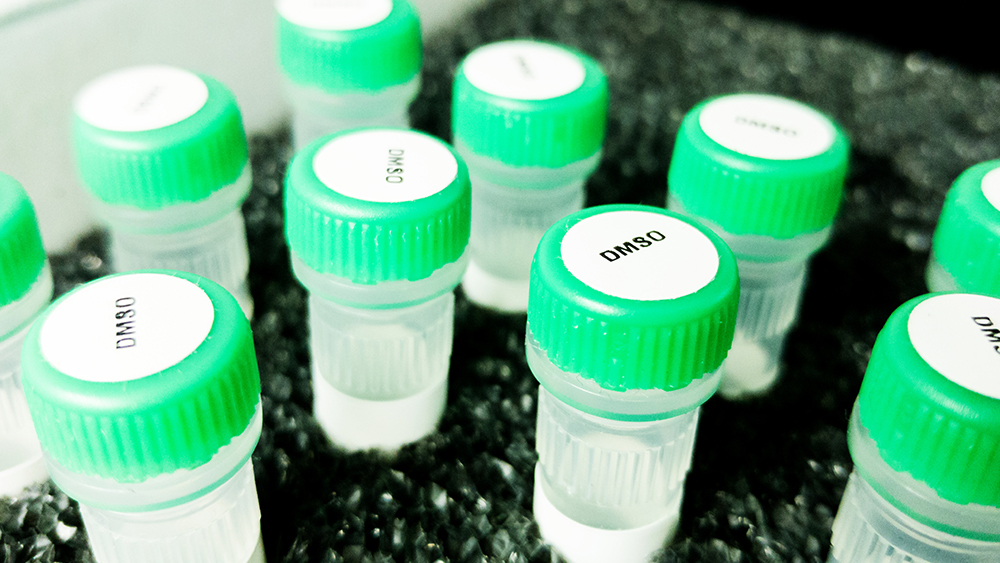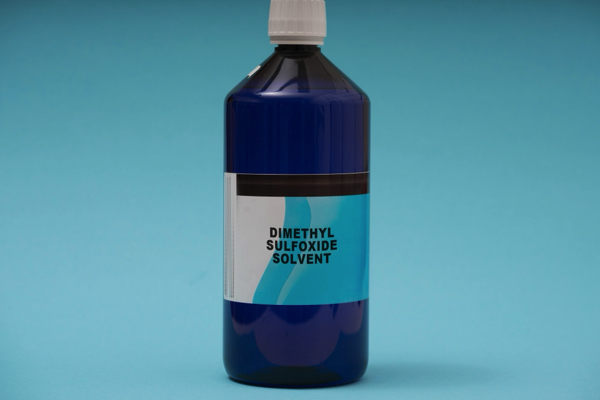FDA approves first blood test for Alzheimer’s disease detection
05/25/2025 / By Ava Grace

- The FDA cleared Lumipulse, a blood test by Fujirebio Diagnostics, which detects amyloid beta plaques – a key Alzheimer’s marker – by measuring proteins p-Tau217 and beta-amyloid 1-42. This offers a faster, cheaper and more accessible alternative to PET scans or spinal taps.
- Current methods (PET scans and spinal taps) are costly and invasive, often delaying diagnosis. Lumipulse’s simple blood draw could make early detection feasible for millions, especially as Alzheimer’s cases are projected to double by 2050.
- Clinical trials showed 91.7 percent accuracy in aligning with positive PET/spinal tap results and 97.3 percent accuracy in ruling out amyloid buildup. However, false positives/negatives remain possible, requiring supplemental clinical evaluation.
- Early detection could help identify candidates for new drugs like Leqembi and Kisunla, though these treatments face skepticism due to high costs, limited efficacy, and serious side effects.
- While Lumipulse marks progress, debates persist about amyloid’s role in Alzheimer’s and the need for better therapies. Competing blood tests are in development, signaling a shift toward more accessible diagnostics – but clearer guidelines and more effective treatments are still needed.
For decades, diagnosing Alzheimer’s disease has been an expensive, invasive and often inaccessible process. But a blood test approved the Food and Drug Administration (FDA) changes that.
On May 16, the FDA cleared the first-ever blood test designed to detect signs of Alzheimer’s. Developed by Fujirebio Diagnostics, the test – branded as Lumipulse – measures two key proteins in the blood to identify amyloid beta plaques, a hallmark of the neurodegenerative disease.
The Lumipulse test measures the ratio of two proteins, p-Tau217 and beta-amyloid 1-42, in the blood. Research has shown that an imbalance in these proteins correlates with the presence of amyloid plaques in the brain, a key indicator of Alzheimer’s.
While the test does not directly measure amyloid, its accuracy is striking. Clinical trials showed that 91.7 percent of positive results aligned with PET scan or spinal tap confirmations, while 97.3 percent of negative results correctly ruled out amyloid buildup.
Prior to Lumipulse’s approval, confirming the disease required costly PET scans (often not covered by insurance) or invasive spinal taps to analyze cerebrospinal fluid. These barriers delayed diagnoses, leaving patients in limbo while their cognitive health deteriorated.
The Lumipulse test, requiring only a simple blood draw, eliminates many of these obstacles. It offers a more practical solution for primary care physicians and specialists alike, marking a pivotal moment in the fight against the devastating neurodegenerative disease.
This breakthrough could revolutionize early detection – making diagnosis faster, cheaper, and more widely available for millions of Americans. Alzheimer’s disease affects more than six million Americans, a number projected to double by 2050. (Related: Iridology proven to have scientific basis? Retinal scan could become early detection system for Alzheimer’s disease.)
A simpler Alzheimer’s test is here – but is it reliable?
Early detection is crucial, especially with the recent approval of drugs like Leqembi (from Biogen and Eisai) and Kisunla (from Eli Lilly) that aim to slow Alzheimer’s progression. However, these treatments have faced skepticism due to high costs and limited efficacy. Serious side effects, including brain swelling and bleeding, have also been highlighted.
A simpler diagnostic tool could expand access to these therapies by identifying candidates earlier in the disease’s progression – when interventions may be most effective. Despite the optimism, experts caution that the test is not foolproof.
False positives and negatives remain a risk, and the FDA stresses that results must be interpreted alongside other clinical evaluations. Additionally, while the test is a major step forward, it does not replace comprehensive neurological assessments.
The approval of Lumipulse signals a shift toward more accessible, less invasive diagnostics – but the battle against Alzheimer’s is far from over. Researchers still debate the role of amyloid plaques in the disease, and the effectiveness of anti-amyloid drugs remains controversial. Meanwhile, companies like C2N Diagnostics and Quanterix are racing to develop competing blood tests, promising even greater accuracy and affordability in the years ahead.
Watch this video about preventing dementia and Alzheimer’s the natural way.
This video is from the Holistic Herbalist channel on Brighteon.com.
More related stories:
Five things you can do to guard against Alzheimers.
Obesity causes Alzheimers; massive wave of Alzheimer’s to strike America in the years ahead.
Dr. Michael Nehls proposes Unified Theory of Alzheimer’s Disease (UTAD) to prevent, cure dementia.
Sources include:
Submit a correction >>
Tagged Under:
Alzheimer's disease, amyloid plaques, big government, blood proteins, blood test, Brain, brain damaged, brain function, diagnostics, disease detection, Food and Drug Administration, Fujirebio Diagnostics, Lumipulse, neurodegenerative disease
This article may contain statements that reflect the opinion of the author




















